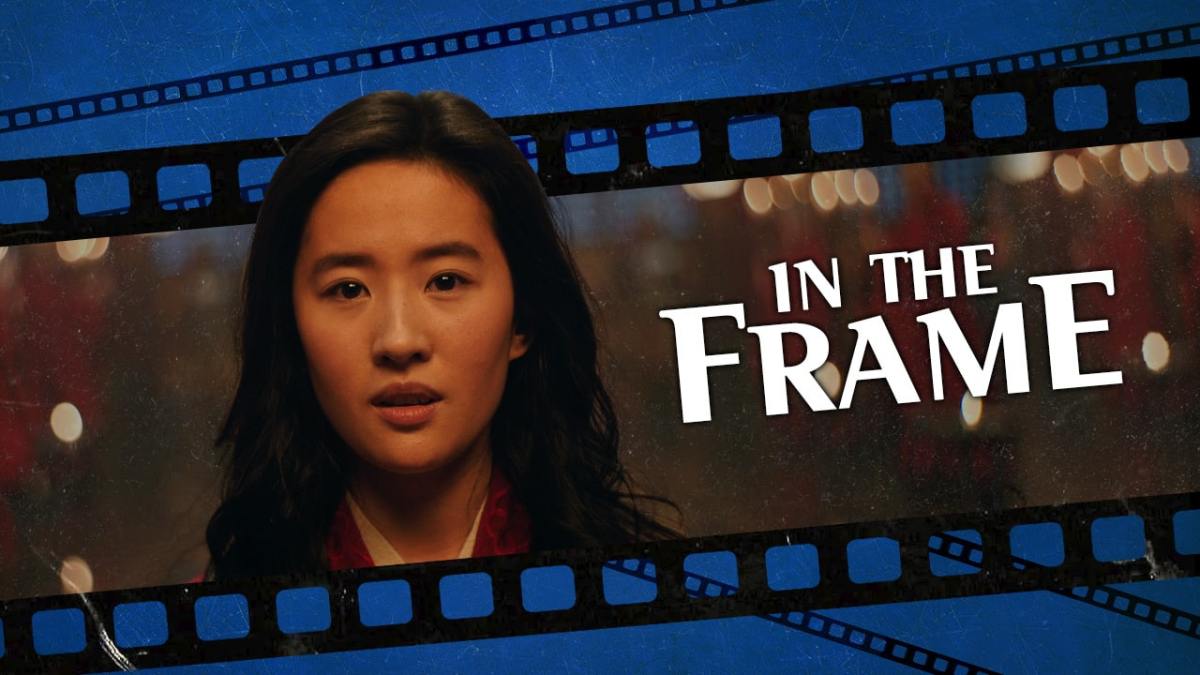Mulan made headlines over the weekend with a premium video-on-demand release via Disney+.
Basically, for a one-time $30 fee, subscribers could stream the live-action blockbuster spectacular in the comfort of their living room. Although other titles like Trolls World Tour or Bill & Ted Face the Music had skipped cinemas for streaming, Mulan represents a potential game-changer because it is the first time that a live-action tentpole on this scale has been released in this manner. With a projected budget somewhere between $200M and $290M, this is a big deal.
However, the domestic release of Mulan is only half the battle. Mulan reportedly has the highest budget of any of Disney’s live-action adaptations of classic animated movies, and not because its domestic gross will outpace The Lion King or Beauty and the Beast. Mulan is a transparent play for the Chinese box office, which has become increasingly important to studios. In fact, Chinese box office returns surpassed America’s for the first time ever in February 2016.
Mulan is scheduled to open in cinemas in China on Sept. 11, as Disney+ is not yet available in the region. The movie has consciously been tailored for a presumed Chinese audience, especially state censors. Lead actor Liu Yifei has been criticized for her support of law enforcement during the recent Hong Kong protests, but this makes her movie stardom more appealing to the Chinese state. It’s notable that state-sponsored accounts criticizing the protests also tweeted #SupportMulan.
Even watching the live-action adaptation in comparison to the earlier animated original, it is possible to see how the narrative has been shifted to make the story more palatable to presumed Chinese audiences. It’s notable that some of the biggest changes to the narrative flow of the film, such as the elimination of the character of Mushu or giving the Emperor a more proactive role, handily remedy some of the biggest objections that Chinese audiences (anecdotally) had with the animated version.

Disney may be trying to appease more than cinema patrons. The company attributed the removal of Mulan’s romantic subplot to the #MeToo movement, arguing that a romance between a superior and his subordinate would be inappropriate in the current cultural climate. However, despite long-standing criticisms of the Stockholm syndrome-like romance at the heart of Beauty and the Beast, that romance was not changed for that live-action adaptation.
With that in mind, it’s notable that the romance in Mulan – where a straight man falls for a woman presenting as a man – is arguably the queerest love story in the Disney canon. Chinese censors traditionally frown on queer content, both internal and external. While gay subtext including blink-and-you-miss-it representation in The Rise of Skywalker made it past Chinese censors, Disney may simply have decided to avoid taking the risk with a movie that has so much riding on it.
It’s also notable that the live-action film omits the sequence from the animated movie that involves a group of male soldiers infiltrating the Imperial City in drag, arguably the culmination of the animated film’s subversion of gender norms. Indeed, it is notable that the climax of the live-action Mulan turns Mulan’s victory into a communal effort. Mulan does not defeat Bori Khan (Jason Scott Lee) alone, but with the help of the Emperor of China (Jet Li), the literal personification of the state.
This tailoring of narratives to a (presumed) Chinese audience is just the result of larger trends, as Hollywood tries to open itself up to China. Much has been written about how major studios have overtly pandered to the Chinese market, such as adding an entire subplot to the Chinese version of Iron Man 3 featuring local actors or turning the climax of Transformers: Age of Extinction into an exploration of how big government is evil unless it’s the Chinese government of Hong Kong.

Chinese and American cinema are cross-pollinating. Matt Damon famously starred in the Chinese blockbuster The Great Wall. Christian Bale famously lent his credibility to Chinese prestige picture The Flowers of War. Sylvester Stallone less famously starred in the direct-to-video Escape Plan 2: Hades, a movie about how your Chinese-manufactured phone is so secure it couldn’t be hacked even if the inventor of that phone was thrown in a dungeon and tortured to force him to hack it.
Indeed, contemporary Chinese blockbuster cinema is interesting, in large part because it feels like it is a Chinese attempt to emulate American propaganda in ’80s films like Rocky IV or Rambo III. It is very much about presenting an image of the country to foreign audiences. China Salesman stars Steven Seagal and Mike Tyson in a story about a Chinese trade delegation in Africa trying desperately to prevent evil European capitalists from sparking civil war and ethnic cleansing.
However, China is also having an impact on the shape of the movies Hollywood is making. Warcraft and Pacific Rim were domestic flops but but earned enough in China to suggest the possibility of sequels, even if the Warcraft sequel teased by the official Weibo account never emerged. It has been suggested modern blockbusters are moving away from dialogue because action doesn’t need to worry about the language barrier. Appeals to the Chinese box office may even explain why modern blockbusters are so sexless, as it has been speculated that romance does not “translate that well.”
Some of the changes that are made to appease Chinese censors are relatively harmless, such as the removal of some dirty laundry from the Shanghai sequences in Mission: Impossible III. Others are more worrying, such as the uncritical embrace of China’s territorial claim over the South China Sea in Abominable. However, the most worrying aspect of this is that it is nothing new. It is simply an acceleration of market forces that have been in motion for over a quarter of a century.

Indeed, the Chinese release of Mulan is a triumphant moment for Disney. The studio had been trying to make inroads into the country since the mid-’90s, when The Lion King became “the first imported foreign animated blockbuster in China.” By 1996, Disney planned to open a new theme park in southern China, to rival Euro-Disney. While the animated Mulan was never designed to appeal directly to the emerging Chinese market, the studio was still eager for it to thrive there.
Then Touchstone Pictures, a Disney subsidiary, gave Martin Scorsese $28M to make Kundun. The result was one of the most beautiful and esoteric films in Martin Scorsese’s filmography, a rich exploration of themes that simmered across his filmography, echoing The Last Temptation of Christ and prefiguring Silence. It was part of a wave of films about China and Tibet in the late 1990s, including Seven Years in Tibet and Red Corner. These films were not well-received by China.
China decided to make an example of Disney. It cut business ties with the company. It delayed the release of Mulan into the middle of the following school year, allowing pirate videos to circulate. It bombed. Disney caved. It hired Henry Kissinger to run a charm offensive. It killed Kundun’s publicity campaign, and the film opened opposite Titanic. In 1998, Disney CEO Michael Eisner apologized, “The bad news is that the film (Kundun) was made; the good news is that nobody watched it.”
The Chinese theatrical release of Mulan represents the culmination of Disney’s journey back from that fiasco. Disney got what it wanted; Shanghai Disneyland opened in June 2016. China got what it wanted; Hollywood’s late 1990s wave of movies supporting Tibet and criticizing China have faded into memory. At the time of writing, Kundun is one of the few major Martin Scorsese films that is not available to stream online, not even on Disney+.
But Mulan is. And it will be screening in China soon enough.





